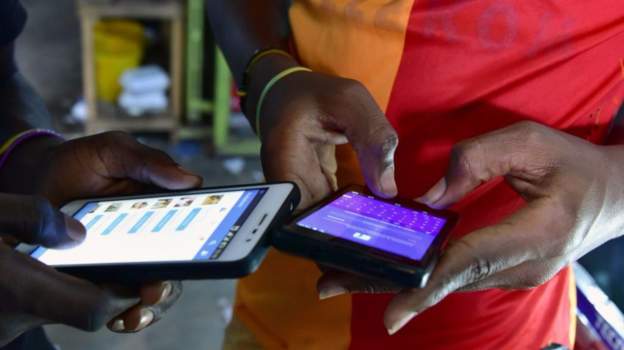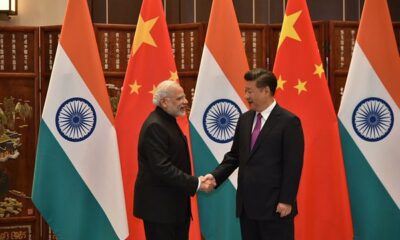Political Issues
Of Social Media, Hate Speech, and a Resurgent Big Brother -By Uddin Ifeanyi


When (last week) the federal government gave new guidance on its heightened intolerance of “hate speech”, and a part of the Nigerian Army revealed that it is assiduously monitoring social media for infringements of the right to free speech, two fundamental, and three common errors were once again present.
Of the first set of errors, the failure to provide reassurance over how data collected through the army’s snooping will be managed, stored, protected and used, is arguably the most severe. In an age in which digital footprints are all over the place, data governance arrangements cannot be treated in a slapdash manner. Then, there is the less obvious matter of what qualifies as “hate speech”. Even in the U.S. where political correctness has evolved around aspects of this notion, the intensity of ongoing culture wars would suggest that except in its narrowest construction, this phrase might often constitute a hurdle to free speech. In our example, a weak criminal justice system invites us to criminalise aspects of our social interaction with utmost care.
Further down the path laid out earlier, the first of the three common errors committed by the Buhari government last week, is the tendency to depict social media as necessarily injurious to our social fabric. Despite the success with which illiberal governments across the world (from Turkey through Egypt) are doing this, this sentiment is not necessarily true. Useful analogies are with financial services, retail, and telecommunication. What the ubiquity of access to the internet has allowed in these spheres is in the dispersal of information, the speed of its delivery, and access by purveyors of information to a much broader market.
In the event, consumers’ ease of access to these services/products, and convenience of use has been enhanced. Social media has done no less for the dispersal of information. True, there is “fake news”. As indeed, there are hackers constantly seeking to gain unauthorised access to online bank accounts every day. And online retailers, especially those whose portals let in third party merchants, constantly battle with ensuring that knock-offs are not peddled on their websites.
But “fake news” did not start with social media. Much of it used to be dismissed as rumours when all we had to rely on for information were either television, radio, or the morning papers. It mattered then whether you had heard it on the BBC, just as we then went on to disparage as the result of “radio e l’eje” all such reports as were not repeated by trusted sources. All that social media has done, therefore, is broaden access to all reports — both true and false — and deliver them in real-time.
This, on the other hand, is only a bad thing for folks who imagine that a democracy is only about regular visits to the poll by the electorate, and the voting into office, usually for a four-year period, of government. If the end of each electoral cycle is nothing but the culmination of ongoing conversation amongst different parts of the electorate, then any medium that lubricates such dialogue is essential to the sustenance of democracies. Beyond this, there is the duty of accountability to the electorate that incumbent governments bear, and which is strengthened by the people’s ability to converse amongst themselves.
Incidentally, the incumbent federal government’s knee-jerk reaction to the supposed excesses of social media comes at a particularly low point in its fulfillment of this duty of accountability. Much of the bad press that has come its way over the last couple of months has owed entirely to its unwillingness to break clean with concerned parts of the populace on the nature of the ailment that has had the president of the country, more out of office than in power. There may well be merit to the claim by supporters of the government’s position that it is no business of the electorate what the state of health of their president is, so long as the economy is working. However, against the fact of five consecutive quarters of shrinking domestic output growth, this argument goes about in search of a decent leg to stand on.
Either way, no crime has yet been committed. Where, however, there is evidence of breach of the right to speak freely, either because such breach impugns undeservedly the reputation of another (a civil matter, really), or threatens the cohesion of the state (although criminal, this is more a symptom of structural weaknesses in the design/management of the state, which admit of stronger, but different nostrums), it is always the case that existing laws often suffice to deal with these. Admittedly, social media is new. But that does not mean we need to device more draconian means for policing users, and their usages, often committing scarce resources (as in the case of an army that so needs both signal and human intelligence on ongoing breaches of security) to this purpose. Or that we need always to pass (new) harsher laws.
Uddin Ifeanyi, journalist manqué and retired civil servant, can be reached @IfeanyiUddin.



















